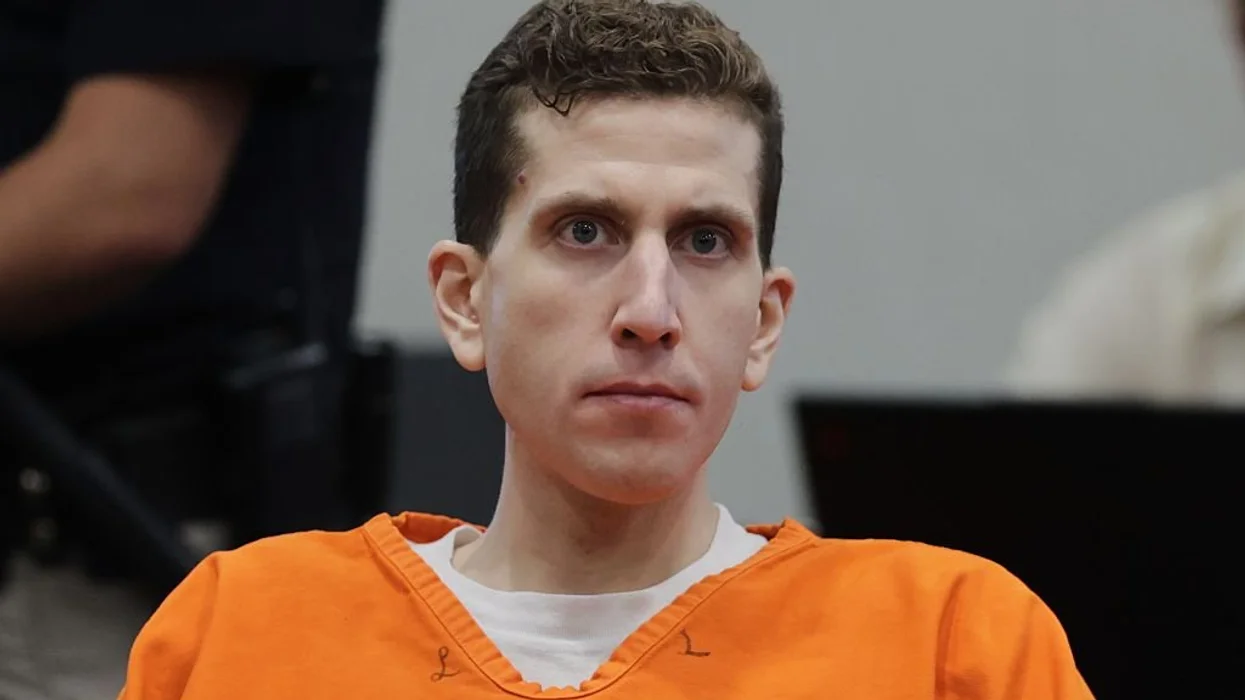
© 2025 Blaze Media LLC. All rights reserved.
Remember the days when the biggest worry high schools had revolved around who to take to prom or passing a geometry test? And when high school theater productions revolved around Shakespeare and Arthur Miller? Yeah, it appears those days are over:
A white teacher from a predominantly white school district is helping a group of mostly white high school students put on a spring play about whiteness.
The result: "Blanchekreist: A Collaborative Project About Whiteness," will premier Thursday, May 9, as Roseville Area High School's spring play.
The play is the culmination of months of research, dialogue and reflection a group of high school students engaged in under the guidance of Roseville's drama and English teacher Samuel Tanner about what it means to be white. [...]
Tanner is pursuing his Ph.D. in critical literacy and English education at the University of Minnesota. The students' project is the focus of his dissertation.
Well that's convenient.
Here's a highlight clip from RAHS Report Daily Broadcast which shows students prepping for the play and the teacher explaining how "whiteness" is akin to a "social virus":
I'm really intrigued by this whole concept, a class -- a theater production, in fact -- about whiteness. According to the Pioneer Press, the students prepared for their roles by attending a workshop on white privilege and reaching out to minority communities. "A lot of them talked about how it seemed like the people or culture in power often tried to brush them off as unintelligent," one student observed. "That seems to be a lot of what whiteness is about..."
(Call me crazy, but I could understand how a bunch of uppity white students studying minorities like lab rats might given them that impression...)
In the end, the students put their observations into an 87-page script, an "allegory on race relations told through the lends of a small rural town with a long history of xenophobia."
"This was really emotional work," the teacher explained. "After almost every conversation we had as a group, I would spend countless hours talking with students one on one as they emotionally responded to realizing they were part of this system of whiteness."
Want to leave a tip?
We answer to you. Help keep our content free of advertisers and big tech censorship by leaving a tip today.
Want to join the conversation?
Already a subscriber?
more stories
Sign up for the Blaze newsletter
By signing up, you agree to our Privacy Policy and Terms of Use, and agree to receive content that may sometimes include advertisements. You may opt out at any time.
Related Content
© 2025 Blaze Media LLC. All rights reserved.
Get the stories that matter most delivered directly to your inbox.
By signing up, you agree to our Privacy Policy and Terms of Use, and agree to receive content that may sometimes include advertisements. You may opt out at any time.





